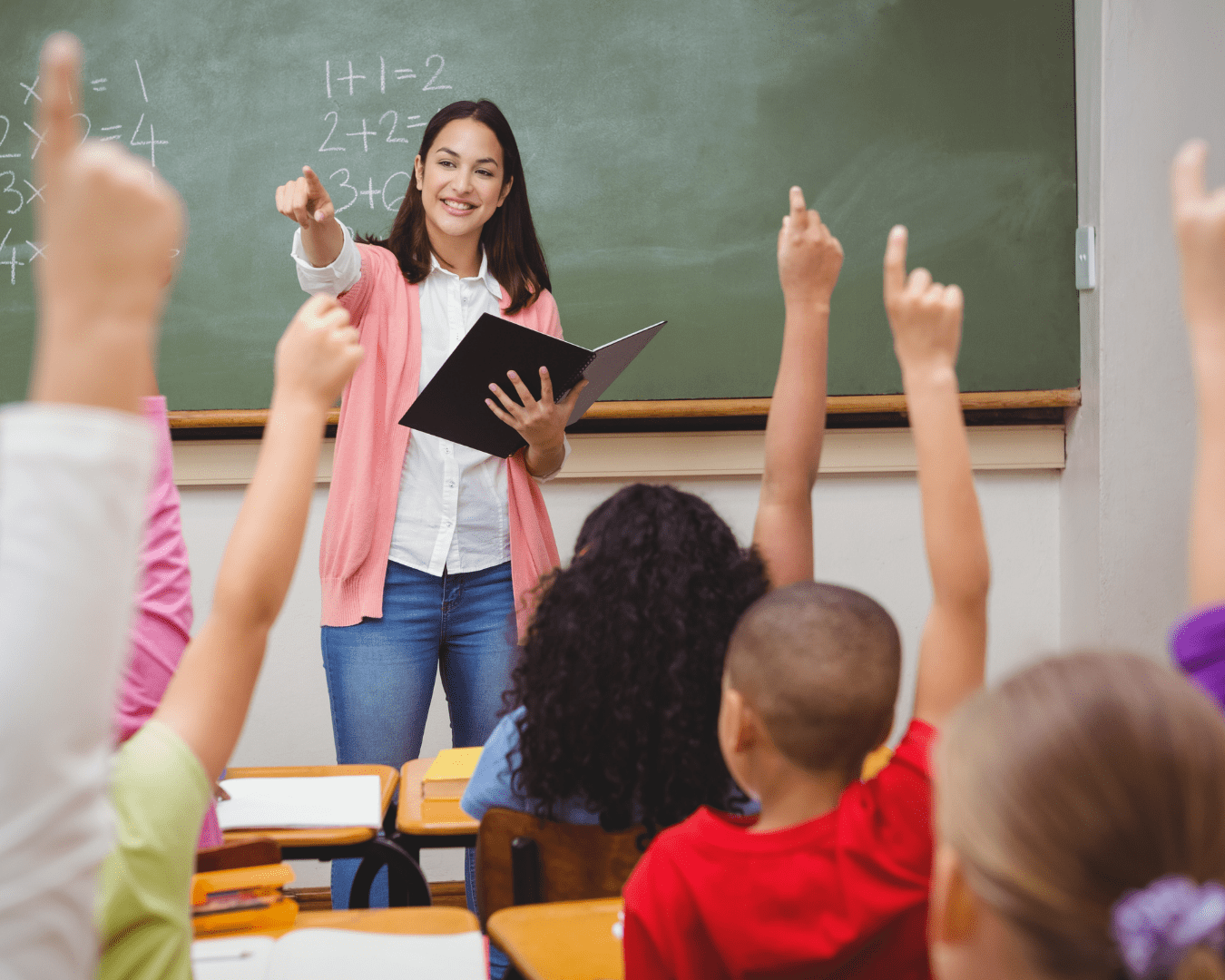Improve Your Child’s Performance with Primary Science Tuition Singapore
Improve Your Child’s Performance with Primary Science Tuition Singapore
Blog Article
Checking Out the Different Teaching Techniques in Main Scientific Research Education And Learning Today
Inquiry-based discovering, hands-on experiments, and the combination of innovation are redefining just how teachers involve young minds. Additionally, collective methods and set apart guideline are being utilized to provide to the varied needs of students, boosting both involvement and understanding.
Inquiry-Based Discovering
Inquiry-Based Understanding (IBL) is an instructional method that urges students to explore scientific ideas with wondering about, examination, and hands-on experimentation. This approach emphasizes the role of students as active participants in their understanding, promoting vital reasoning and analytic abilities. By involving with real-world inquiries, pupils become interested and motivated, which improves their understanding of clinical concepts.
In IBL, teachers act as facilitators, guiding pupils as they browse their questions instead of supplying information directly. This student-centered method enables distinction, suiting different learning designs and speeds. Trainees create abilities in creating hypotheses, creating experiments, and analyzing information, which are essential for clinical literacy.
Additionally, IBL promotes collaboration amongst trainees, urging them to share searchings for and concepts. This cumulative query advertises social skills and a sense of area within the classroom. The process of query motivates durability, as pupils learn to embrace failing as a stepping stone towards understanding.
Hands-On Experiments
Hands-on experiments are a crucial element of reliable scientific research education, complementing the concepts of inquiry-based discovering. These experiments enable students to engage straight with scientific concepts, fostering a much deeper understanding with experiential knowing. By adjusting products and observing outcomes, young learners can realize abstract concepts in tangible methods.
Such activities promote vital thinking and analytical abilities, as students assume outcomes, conduct experiments, and examine results. This procedure motivates them to ask inquiries, fine-tune their understanding, and create a clinical way of thinking. Moreover, hands-on experiments can be customized to varied knowing designs, ensuring that all trainees have the opportunity to involve meaningfully with the web content.
Additionally, hands-on experiments frequently urge collaboration amongst peers, promoting teamwork and communication abilities. Working in teams makes it possible for pupils to share concepts, go over findings, and gain from each other, which improves their overall educational experience.
Incorporating hands-on experiments into the key science curriculum not only enhances the learning setting but likewise cultivates a long-lasting interest in scientific research. By actively taking part in their education and learning, students are more probable to develop an interest for clinical questions that extends past the classroom.

Innovation Assimilation
Incorporating technology into main science education has ended up being progressively vital in promoting trainee involvement and enhancing discovering outcomes. The use of electronic tools, such as interactive simulations, virtual labs, and academic software application, supplies trainees with opportunities to explore scientific concepts in cutting-edge means. These sources promote a deeper understanding of intricate subjects by allowing students to envision and adjust variables that would certainly be unwise in a standard classroom setting.
In addition, modern technology assimilation motivates individualized finding out experiences. Pupils can advance at their very own rate, revisiting challenging principles with multimedia resources, which satisfy different knowing styles. This flexibility not only sustains private development yet likewise grows a sense of freedom in students.
Furthermore, innovation functions as a bridge to real-world science, connecting students with present research study and professional payments. Accessibility to on the internet data sources and scientific journals widens students' viewpoints on scientific questions and cultivates vital thinking skills.
Collaborative Knowing
Collective learning plays a crucial function in main science education by promoting teamwork and interaction skills among students. This strategy motivates students to collaborate, share knowledge, and take part in problem-solving, which boosts their understanding of scientific concepts. By participating in team tasks, pupils learn to express their ideas, listen to varied perspectives, and negotiate solutions, every one of which are vital skills in both scholastic and real-world contexts.

Research study shows that collaborative learning can lead to enhanced inspiration and interaction in science subjects, as pupils discover pleasure in shared experiences (primary science tuition Singapore). Additionally, this approach prepares pupils for future collective ventures, furnishing them with the abilities needed for reliable synergy in higher education and expert settings. Eventually, embracing collaborative knowing in main science education can dramatically enhance the knowing experience and promote a much deeper understanding of clinical query
Distinguished Guideline

Set apart guideline can show up in numerous means, such as differing the material, processes, or items of understanding. Teachers might use tiered projects that provide differing levels of complexity, permitting students to function at their particular readiness content degrees. Furthermore, adaptable organizing techniques can facilitate partnership amongst pupils with various capabilities, cultivating peer understanding.
Assessment plays a vital function in this approach, as it educates instruction and aids educators comprehend each student's special needs. Developmental assessments, such as quizzes and monitorings, can guide instructors in adjusting their strategies to boost learning results. primary science tuition Singapore. Inevitably, by carrying out differentiated instruction in main scientific research education, teachers can grow a much more efficient and fair learning atmosphere, empowering all pupils to reach their complete potential in comprehending clinical sensations
Conclusion
In summary, the diverse training strategies in primary scientific research education, including inquiry-based discovering, hands-on experiments, modern technology assimilation, collective discovering, and set apart guideline, jointly add to a more efficient learning environment. These methods promote vital reasoning, problem-solving skills, and a deeper comprehension of scientific concepts. By carrying out these approaches, instructors can develop encouraging and interesting class that resolve the diverse demands of trainees, eventually promoting a long-lasting passion in scientific research and improving academic success.
Inquiry-Based Understanding (IBL) is a pedagogical strategy that urges trainees to discover clinical ideas through questioning, investigation, and hands-on experimentation.Collective knowing plays a vital role in key scientific research education by fostering synergy and interaction abilities among pupils.Research study indicates that joint knowing can lead to enhanced inspiration and interaction in science topics, as students locate pleasure in common experiences.In promoting a comprehensive this website discovering setting, set apart direction arises as an essential approach to fit the varied requirements and capacities of students in key science education and learning. Eventually, by carrying out distinguished direction in primary scientific research education and learning, instructors can cultivate a much more effective and equitable discovering environment, equipping all pupils to reach their complete capacity in recognizing scientific sensations.
Report this page